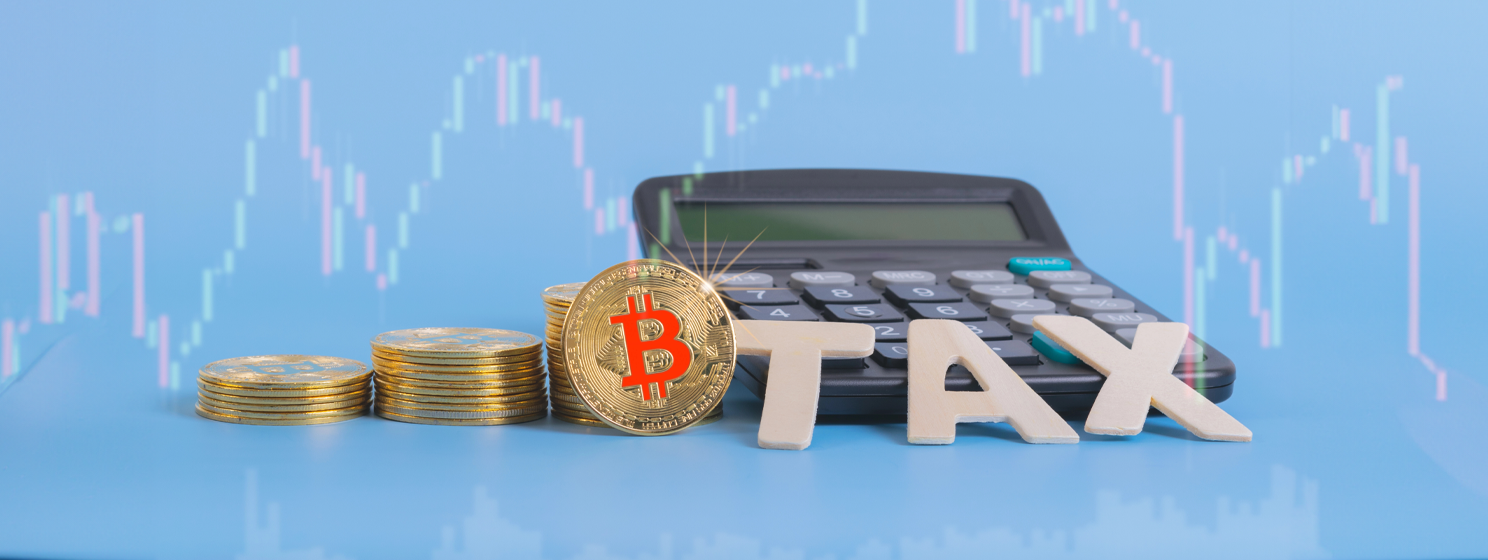|
Getting your Trinity Audio player ready...
|
Canadian legislators want the government to promote the adoption of blockchain technology and protect the rights of digital asset owners.
In a recent report, the House of Commons Standing Committee on Industry and Technology made 16 recommendations geared toward promoting the growth of the nascent industry. The “Blockchain Technology: Cryptocurrencies and Beyond” report urges the government to recognize blockchain as an emerging industry with “significant long-term economic and job creation opportunities.”
On digital assets, the report wants the government to protect individuals’ right to self-custody. It must also promote and defend ease of access to safe and reliable on and off ramps.
Canada should also explore a distinct regulatory approach to stablecoins. In most jurisdictions, stablecoins are bundled with other digital assets, creating loopholes that scammers exploit.
However, in recent years, regulators have recognized stablecoins as a distinct asset that requires its own policies. Europe’s MiCA is the most elaborate framework that establishes comprehensive stablecoin regulations, and Canadian regulators are calling for a similar approach.
Canada has been stringent toward digital assets, with several companies exiting the country for failure to comply. They include Binance and Bybit, which announced their exit in May; Paxos and dYdX, which left the country in April; and OKX, which shut down in March. They all cited unfavorable regulations as the reason for their exit.
The lawmakers want Prime Minister Justin Trudeau’s government to emulate countries such as India, Malaysia, Pakistan, Bangladesh, and Nigeria, and establish a national blockchain strategy. This strategy must clarify “the government’s policy direction and regulatory approach and demonstrates support for the industry.”
Armed with the strategy, Canada should partner with other countries on blockchain regulation and policies. It should also conduct pilot projects on distributed ledger technology in partnership with startups in the ecosystem. A regulatory sandbox could also allow innovators to explore innovative blockchain applications without fear of punitive regulatory crackdown, the legislators added.
Watch: Blockchain will fuel the next generation

 03-05-2026
03-05-2026 




